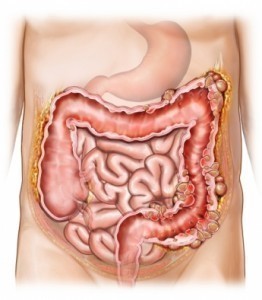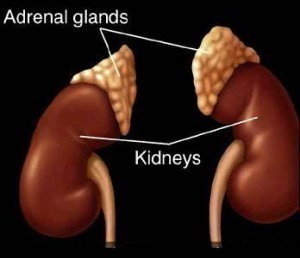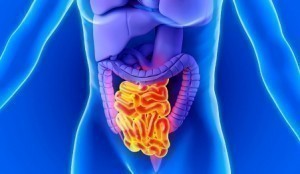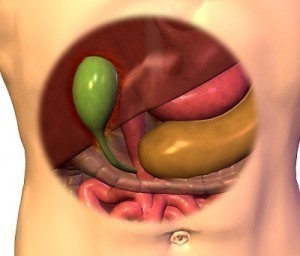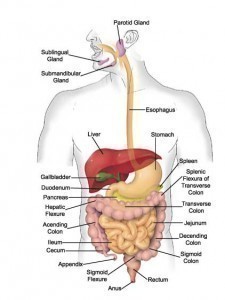Liver Disease
Definition of Liver Disease
Liver disease or hepatic disease describes any disease that affects the liver. Most liver diseases will be accompanied by jaundice which is as a result of elevated levels of bilirubin in the circulatory system. The bilirubin is customarily removed from the blood by the liver and excreted in the bile, however manifestations of liver dysfunction will hinder this process. The particular liver disease will be classified in relation to its cause and effect on the organ.
Causes of Liver Disease
Liver disease may be induced by injury, exposure to drugs or other noxious compounds, a genetic disorder or an autoimmune process. All these causative factors will lead to specific liver diseases which will include the following:
- Hepatitis which is a condition in which the liver becomes inflamed and possibly damaged over a period of time. It is typically caused by one of the hepatitis viruses including hepatitis A,B,C,D or E.
- Fatty liver will lead to irregular liver function, tenderness and liver enlargement. It is usually caused by excessive alcohol consumption. It may also develop because of nonalcoholic steatohepatitis (NASH) which is a chronic hepatitis not caused by any of the hepatitis viruses. It is often seen in overweight and diabetic persons.
- Cirrhosis describes the condition that develops after extreme persistent injury to the liver. It is characterized by scarring and cell death. The damage done to the liver by this disease is irreversible.
- Liver cancer is sometimes as a result of a previous liver condition most notably cirrhosis and hepatitis, however it is more likely for it to begin in another area of the body and mestasize to the liver. If the cancer originates in the liver it is said to be primary liver cancer. The most prevalent form of liver cancer is hepatocellular carcinoma.
- Some genetic disorders may also lead to liver disease the most frequently occuring is hemochromatosis which generally affects adults.
Symptoms of Liver Disease
It is not unusual for liver disease to be asymptomatic or seem very mild with feelings of weakness and energy loss in the first phases of disease development. The symptoms will be more pronounced in acute liver disease and will include: dark urine, jaundice, light bowel movement, nausea, vomiting and decreased appetite. Chronic liver disease will maintain similar symptoms to acute liver disease like jaundice and dark urine but will also exhibit other symptoms most notably unexplained weight loss, abdominal swelling, abdominal pain and pruritus (an itchy skin condition), usually these symptoms will begin when the disease has much advanced.
Treatment of Liver Disease
It is best to prevent liver disease by the available means. There are vaccines that can protect an individual from certain strains of the hepatitis virus specifically hepatitis A and B. Also it is possible to avoid contracting hepatitis viral infections by being careful not to get in direct contact with blood, using potentially contaminated needles and unprotected sex among others.
It is possible to experience liver inflammation that heals over time, however the ensuing liver damage is usually permanent.
The treatment will typically consist of protecting the undamaged areas, sustaining existing liver function, reducing the possibility of additional damage and confronting the reason for the organ’s deterioration.
The methods for dealing with liver disease will include the administering of medications, surgery and in the most extreme cases performing a liver transplant.
Once an individual is stricken with liver disease he or she may have to be clinical monitored for a lengthy period of time.
For more information on Liver Disease read:

